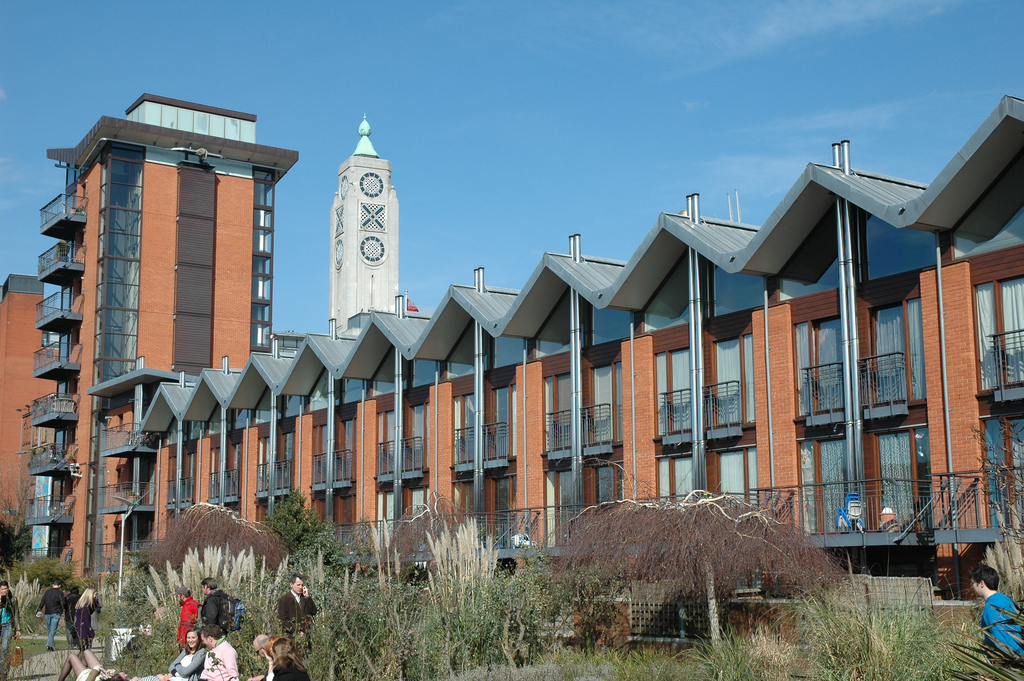Lambeth Self Help is a fully mutual housing co-operative, representing the interests of members since the 1970s.
Lambeth Self Help are committed to providing, managing and maintaining a range of affordable homes for co-operative members where they can live together in a diverse and sustainable community.
They own 52 street properties; most of which are large Victorian houses. Several of the properties are occupied by single older people, who increasingly need accessible homes. LSH aim to provide smaller homes, more suitable for their ageing membership, on a several infill sites. This will free up some of the larger properties for families from the Council’s housing waiting list, where there is high demand for large family homes.
How we’re helping
We have advised on the development strategy and selection of the professional team, and are providing guidance on the approach to planning, and delivering the homes.
